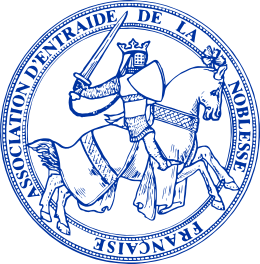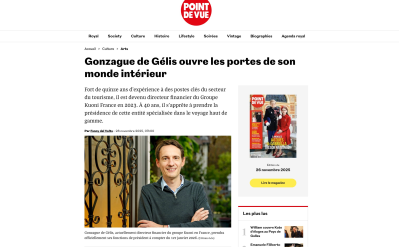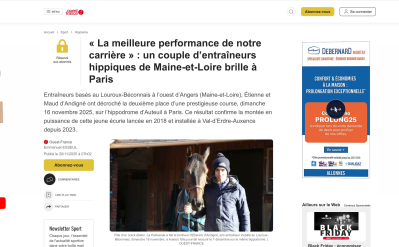News

Le Figaro Magazine: "Ecologisme: le piège de la décroissance" (Ecologism: the trap of degrowth)
12 October 2024
Press review
Viewed 188 times
The prophets of the environmental apocalypse advocate a model based on rationing in all areas. In "La Grande Mystification" (The Great Mystification), health economist Jean de Kervasdoué demonstrates...
You must be logged in to read more









